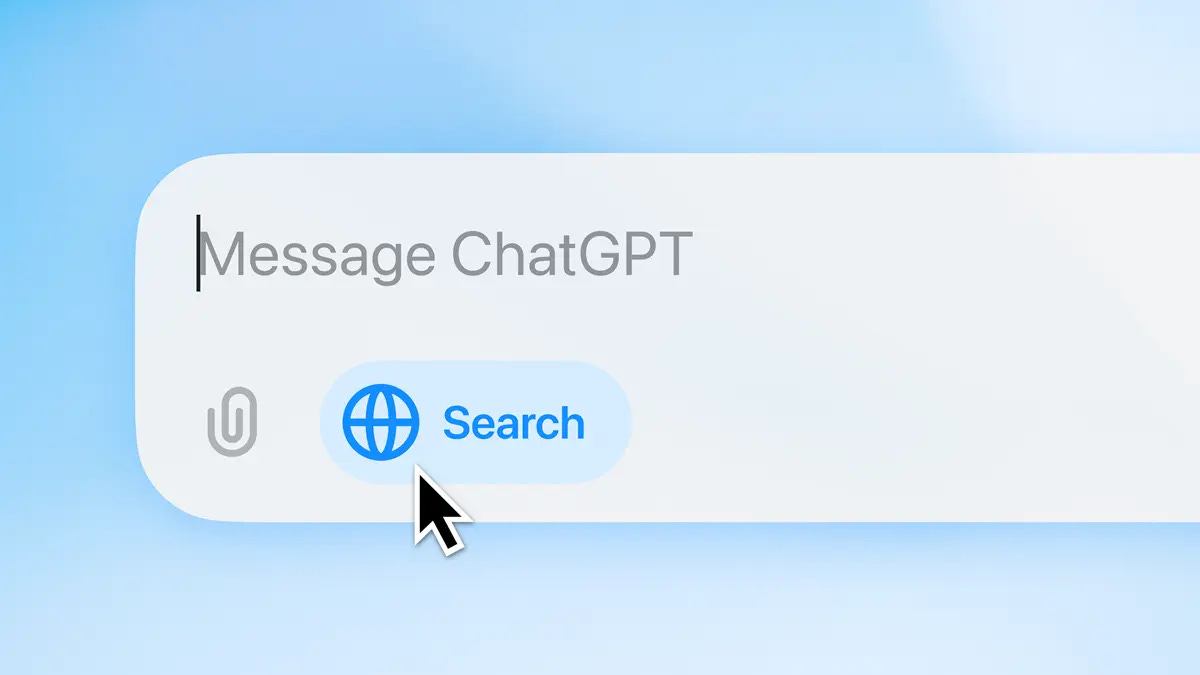OpenAI backtracks on nonprofit structure overhaul
Why the creator of ChatGPT is now keeping its hybrid legal status
Under mounting time pressure, OpenAI is reversing course. On Monday, the maker of ChatGPT announced that it would no longer proceed with plans to dismantle its hybrid legal structure. The company will remain officially under the control of a nonprofit organization—though the independence of that oversight body has been widely questioned since the failed attempt to oust CEO Sam Altman in late 2023.
Instead of a full overhaul, OpenAI will only change the legal status of its for-profit arm, allowing it to distribute profits more freely. According to Sam Altman, that adjustment is enough to fulfill commitments made to investors. It also paves the way for OpenAI to receive the $20 billion investment SoftBank has pledged by year-end, and to pursue further fundraising to support its ultimate goal: building artificial general intelligence (AGI), an AI that can learn autonomously.
Becoming a “public benefit corporation”
OpenAI began as a nonprofit research lab, backed by prominent Silicon Valley figures. It was dedicated to building AI for the benefit of humanity. But in 2019, facing funding needs, it launched a '“capped-profit” subsidiary. Microsoft has since poured nearly $14 billion into that entity in exchange for the lion’s share of future profits. The remainder is meant to go to the nonprofit organization.
This profit-sharing arrangement made it impossible to attract new investors, who would had no opportunity to earn returns. It also complicated any future initial public offering (IPO). That’s why OpenAI had considered shifting to a more conventional corporate structure.
The original plan had two major components: removing its nonprofit overseer in exchange for a stake in the commercial entity, and turning its for-profit subsidiary into a “public benefit corporation” (PBC)—a for-profit entity that can also pursue the public good. Now, OpenAI is settling for just the second goal.
Lawsuit from Elon Musk
“I won’t pretend that it wouldn’t maybe be easier if we were a fully normal company”, Sam Altman admitted, but he maintains that the new status “is well over the bar of what we need to be able to fundraise”. Already used by rival AI firm Anthropic, it also means that OpenAI does not have to completely disavow its original mission. A PBC is not strictly obligated to maximize shareholder value, giving the company legal room to prioritize broader goals.
Sam Altman’s original restructuring plans ran into concerns from regulators in both Delaware and California. They also became the target of a lawsuit from Elon Musk, one of OpenAI’s co-founders, who further complicated matters by proposing to buy out the nonprofit parent organization.
But time is running out. OpenAI must complete its legal overhaul before the end of the year or risk having to repay $6.5 billion raised in late 2024 and forfeiting the additional $20 billion SoftBank has on the table. To reach the finish line, OpenAI still needs to resolve two key issues: negotiating a new deal with Microsoft and deciding how much equity will ultimately go to its nonprofit parent.




